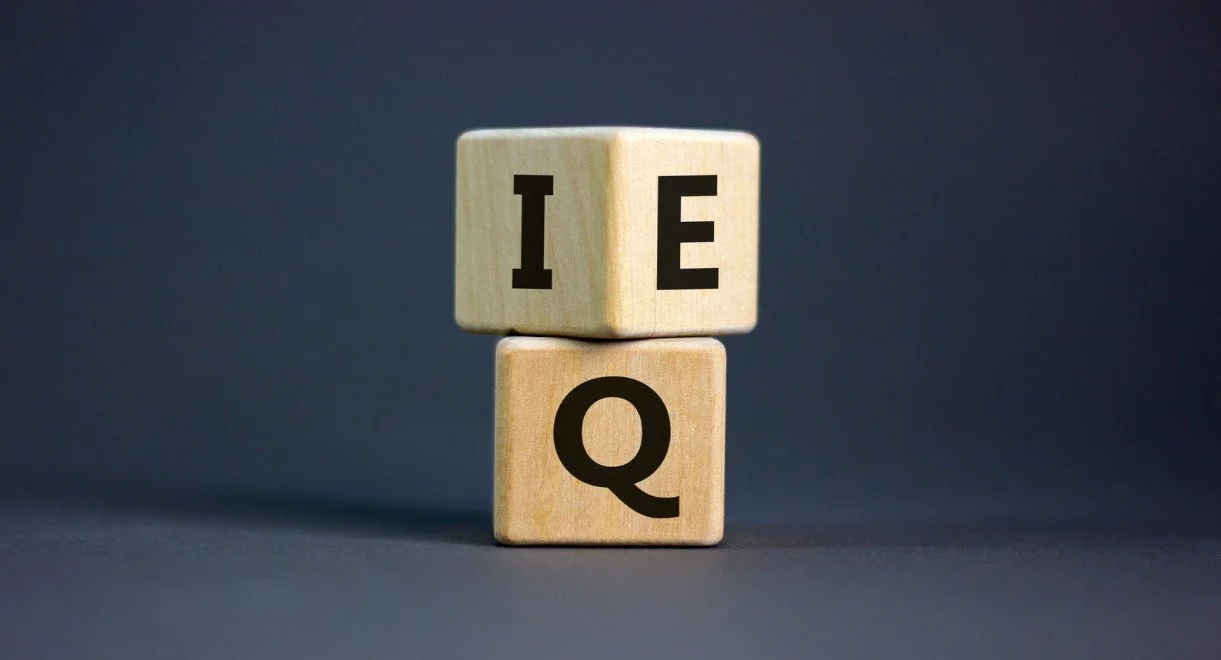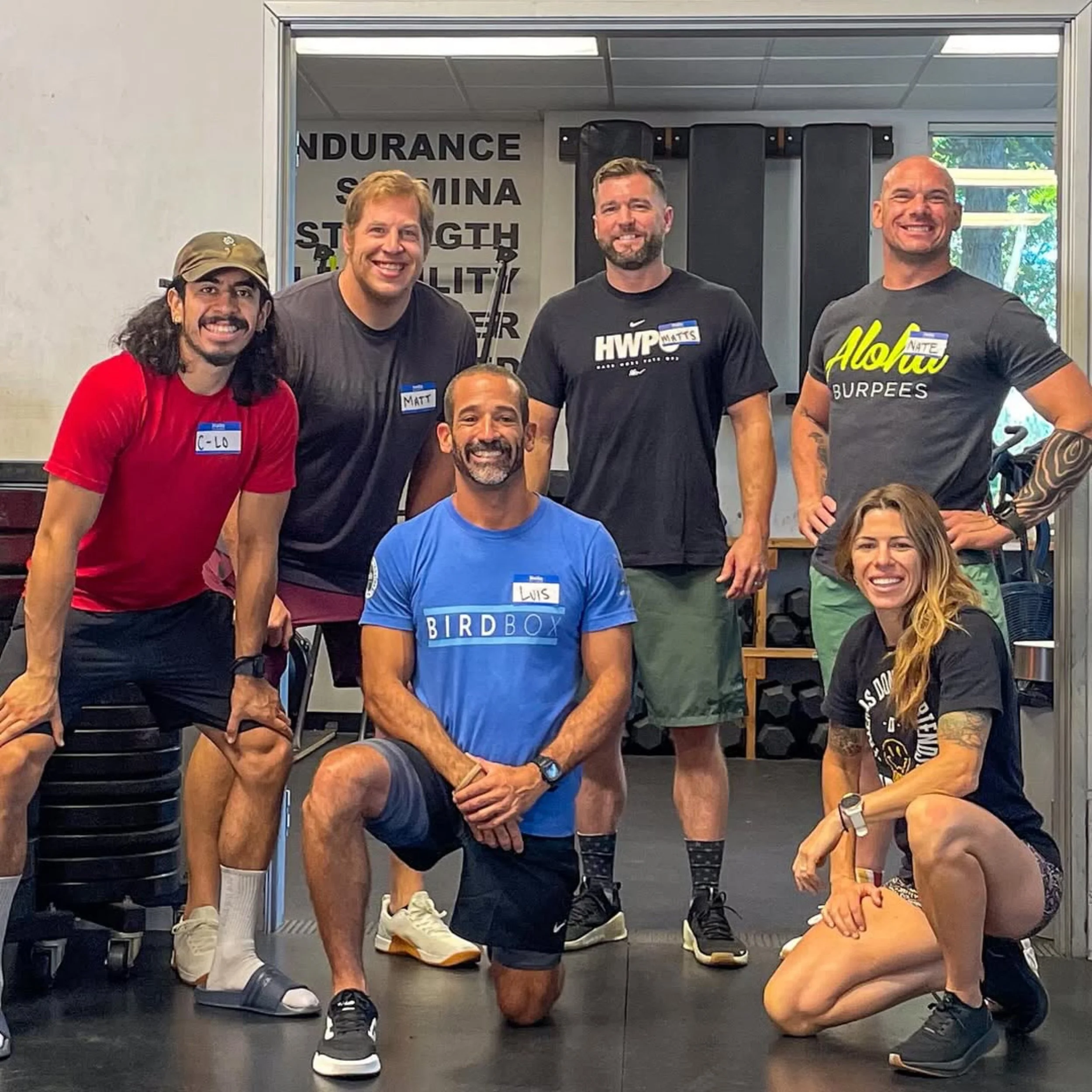Emotional Intelligence and Coaching: Unlocking the Mental Edge
Introduction
Coaching is often framed in terms of technical expertise. We use biomechanics, programming, and performance metrics to track growth. While these are essential, they represent only part of what makes a coach truly effective or transformational.. The ability to connect with athletes on a human level, to understand their emotions, and to manage the dynamics of the coaching floor is equally critical. This is where emotional intelligence (EI) becomes indispensable. This allows space for the Coach-Athlete-Relationship to flourish.
Psychologist Daniel Goleman introduced EI in Emotional Intelligence (1995), defining five domains that shape effective leadership: self-awareness, self-regulation, motivation, empathy, and social skills. For coaches, these elements are not abstract theory. They are daily practice. To make them more practical, I use the acronym SSMESS: Self-aware, Self-regulate, Motivate, Empathetic, and Social Skills. This framework offers coaches a structured way to integrate EI into their methodology.
Working Through SSMESS
Self-Aware. Goleman (1995) emphasized that leaders who are aware of their internal states make clearer, value-driven decisions. For coaches, this means recognizing how frustration, nerves, or excitement may shape communication and presence on the floor.
Self-Regulate. In Working with Emotional Intelligence (1998), Goleman described self-regulation as the ability to manage impulses and disruptive emotions. In coaching, composure during stress sets the tone. Athletes and seminar participants alike mirror a coach’s stability.
Motivate. Motivation in coaching extends beyond external rewards. Goleman (1995) highlighted that emotionally intelligent leaders are driven by intrinsic purpose. When coaches model consistency and passion, they inspire athletes and peers to adopt discipline themselves.
Empathetic. Goleman (1998) called empathy the foundation of meaningful relationships. In practice, it means noticing the athlete who lingers after class, or the coach in training who is hesitant to speak up. Empathy creates trust while maintaining standards.
Social Skills. Finally, Goleman (1995) pointed out that leaders with strong social skills can build networks, resolve conflict, and inspire action. For coaches, this means cultivating community, delivering feedback that lands, and shaping a culture of belonging.
EQ vs. IQ in Coaching
Traditional coaching often elevates IQ — technical knowledge of exercise science, programming, and standards. While valuable, technical expertise alone does not ensure impact. Emotional quotient (EQ), measured through SSMESS, determines whether that knowledge is applied effectively.
Two coaches may deliver the same cue. One gives it mechanically, leaving the athlete disengaged. The other times it with empathy, offers encouragement, and sparks a breakthrough. The difference lies in EQ. As Goleman (1998) argued, EQ often outweighs IQ in determining leadership effectiveness.
Real-World Application
In my years as an administrator, I often observed aspiring teachers and provided feedback using a consistent structure: observe without interruption, highlight strengths first, identify one clear growth point, and have them reapply immediately.
That same model applies directly to coaching. When a participant struggles to deliver feedback, I avoid overwhelming them with critique. Instead, I affirm what they did well, provide one actionable focus, and invite them to try again. This approach, rooted in my education background, empowers growth and builds confidence.
Such overlays demonstrate that emotional intelligence is not theoretical but it is practical and transferable across disciplines.
Conclusion
Emotional intelligence is not optional in coaching, it is essential. Just as we drill mechanics and study volume and intensity, we must also train our ability to connect, empathize, and regulate emotions as coaches.. Goleman’s work (1995, 1998) shows these skills are the foundation of effective leadership, and the same holds true in sport and fitness.
My background in public education and educational administration gave me the tools to develop people, not just deliver content. Today, in coaching development, I apply those same principles through the lens of sport. The SSMESS framework makes this tangible: be Self-aware, Self-regulate, Motivate, Empathetic, and strengthen Social Skills.
In the end, athletes and coaches may forget a specific workout or cue, but they will always remember how their coach made them feel. That is the true legacy of emotionally intelligent coaching.
References
Goleman, D. (1995). Emotional Intelligence: Why It Can Matter More Than IQ. New York: Bantam Books.
Goleman, D. (1998). Working with Emotional Intelligence. New York: Bantam Books.
Goleman, D., Boyatzis, R., & McKee, A. (2002). Primal Leadership: Realizing the Power of Emotional Intelligence. Boston: Harvard Business School Press.
Author Bio
Luis E. Vela, B.Sc., M.Ed., BirdBox Coaching Development staff coach.. With a background in public education and a Master’s in Education Administration from Lamar University, Luis has spent his career developing both students and coaches into leaders. He now applies his expertise in emotional intelligence, education, and movement to inspire athletes and coaches on the seminar floor and beyond.


